“The mission of the United States is one of benevolent assimilation,” said William McKinley, America’s 25th commander-in-chief, who happens to be one of Donald Trump’s favorite presidents. Trump, who barely dodged a bullet in 2024, shares a number of traits with McKinley, who was assassinated in 1901: Scottish blood, ferocious work ethic, an affinity with the super-rich that somehow appeals to the working classes, a faith in tariffs as a means of safeguarding industry, and a willingness to expand America’s empire to boost future prosperity.
“I’m talking about protecting the free world,” said Trump last week, as he announced his intention to annex Canada and Greenland, to rename the Gulf of Mexico as the Gulf of America and to reassert American sovereignty over the Panama Canal. “You don’t even need binoculars. You look outside, you have China ships all over the place. You have Russian ships all over the place. We’re not letting that happen.”
The same day, the President-elect had dispatched his eldest son to Greenland aboard his Boeing 757, aka Trump Force One, to greet the locals. Don Junior, the princeling, came in peace. “We’re going to treat you well,” he told the Inuits, as 3,000 miles away, in the warmer climes of Mar-a-Lago, his father refused to rule out using military force to acquire their land.
Most of the world reacted to the Trump clan’s imperial ambitions with a mixture of amusement and disbelief. The political and diplomatic classes assume that his expansionist rhetoric is a madman ploy, a bluff to advance the Trump 2.0 tariff agenda and push his more sincere demands that Nato countries spend up to 5 percent of their budgets on defense. Speak to MAGA insiders, however, and the message is clear: he is deadly serious. “I keep speaking to Europeans and British embassy people and telling them he really means this stuff,” says one. “And they are like, ‘No, no, it’s just a negotiating tactic.’ I just think, are you guys never going to get it?”
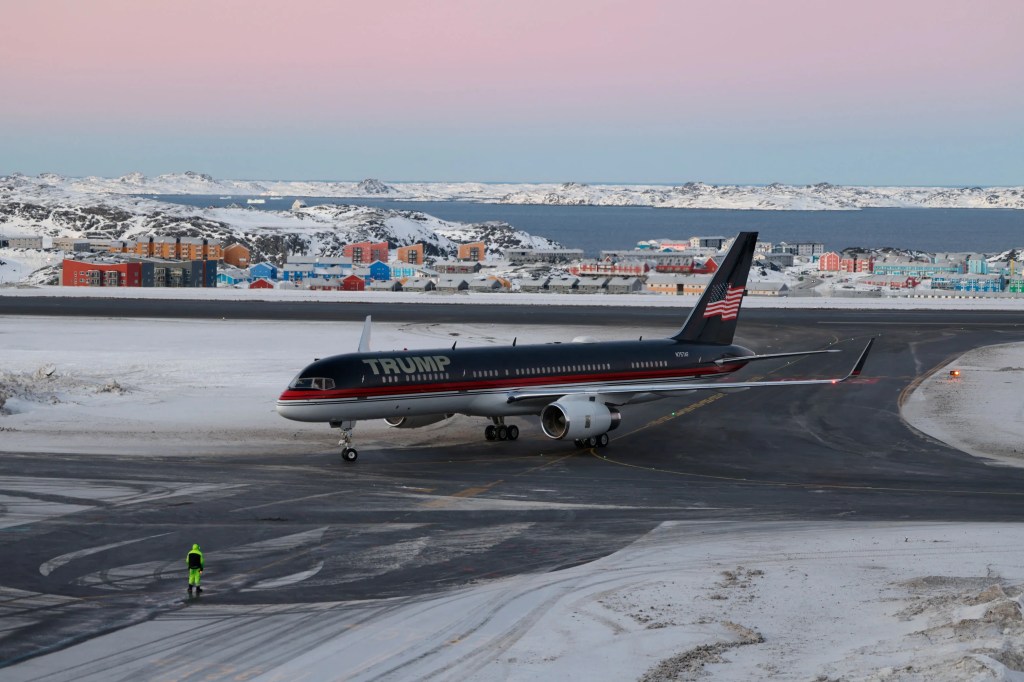
Steve Bannon, Trump’s former chief strategist, says the President-elect’s “geo-strategic vision” is “the new ‘Great Game,’ bro.” It is global power politics for the manosphere and a natural extension of America First chauvinism: Make America Greater and Safer — by adding vast swaths of land where necessary. Trump’s first inaugural speech, in January 2017, was an inward-looking diatribe against “American carnage.” His second, eight years later, is expected to convey a greater sense of international urgency, including perhaps a direct warning about the threat of China.
“If you want Fortress America,” says Bannon, “Trump’s giving you Fortress America, all the way from Panama up through Greenland. Can he pull any of this off? Hey, it’s Donald Trump.”
If anyone doubts Trump’s ability to bend reality to his will, his allies point towards the fact that, at the same press conference, he promised “all hell will break loose” should Hamas not return its Israeli hostages before he returns to the White House on Monday. Sure enough, Hamas appears to have agreed to give back the hostages as part of a peace deal. Such diplomatic breakthroughs make it difficult for any fair-minded observer to gainsay the method in Trump’s madness.
Quite how Trump might take over Greenland, let alone Canada, is another question altogether. He has already disputed Denmark’s legal claim to the territory and suggested that Greenlanders would vote to join America in a referendum. Inside MAGA circles, there’s confidence that the threat of tariffs could force Denmark’s hand. One idea being discussed is to give Copenhagen a pass on increasing its Nato defense spending commitments in exchange for the handover of Greenland. Another is that Trump might prohibit sales of the Danish super-drug Ozempic — a product he’s rumored to use himself — in the world’s fattest market. “What a great negotiation tool Trump has,” says Charlie Kirk, the conservative activist who travelled with Don Junior to Greenland last week. “He could be like, ‘Oh, it would be a shame if Ozempic was banned in America. I mean, do you guys want Greenland that bad?’”
That’s not necessarily a stupid threat. Novo Nordisk, Ozempic’s manufacturer, is valued at $400 billion, which is about the same as Denmark’s entire annual GDP. What could be more Trumpy than turning America’s obesity epidemic into strategic leverage? “The Greenland stuff is like everything Trump does,” says another insider. “He starts talking about it and everyone says that’s random. And then they realize that it makes perfect sense. Denmark doesn’t really have the scale to do anything meaningful with Greenland, but we really could.”
Greenland is rich in minerals and the rare-earth elements which make semiconductors work and drive our technological age. The territory is also likely to be an increasingly important asset when it comes to intercontinental trade, as improved ice-breaking technology and, perhaps, climate change open up the frozen North Sea passages. US military chiefs have long been sensitive to China and Russia’s maneuvers in the Arctic Circle.
According to some Trumpworld voices, America’s annexation of Greenland is part of a broader strategy to counter Beijing’s Belt and Road initiative. “An alternative US Belt and Road type scenario is very possible,” says one soon-to-be member of the Trump administration. “The feeling here is that we’ve been asleep at the wheel for too long. China’s tentacles are everywhere.”
During the Covid crisis, it is said, Trump became depressed at the vulnerability of America’s economy when it came to global supply routes. He is also understood to have been alarmed at the more recent Houthi attacks on international shipping lanes in the Gulf of Aden and the Red Sea. Trump’s secretary of state Marco Rubio, national security adviser Mike Waltz and the under-secretary of defense Elbridge Colby are all similarly exercised about China’s naval build-up and determined to re-establish that America rules the waves.
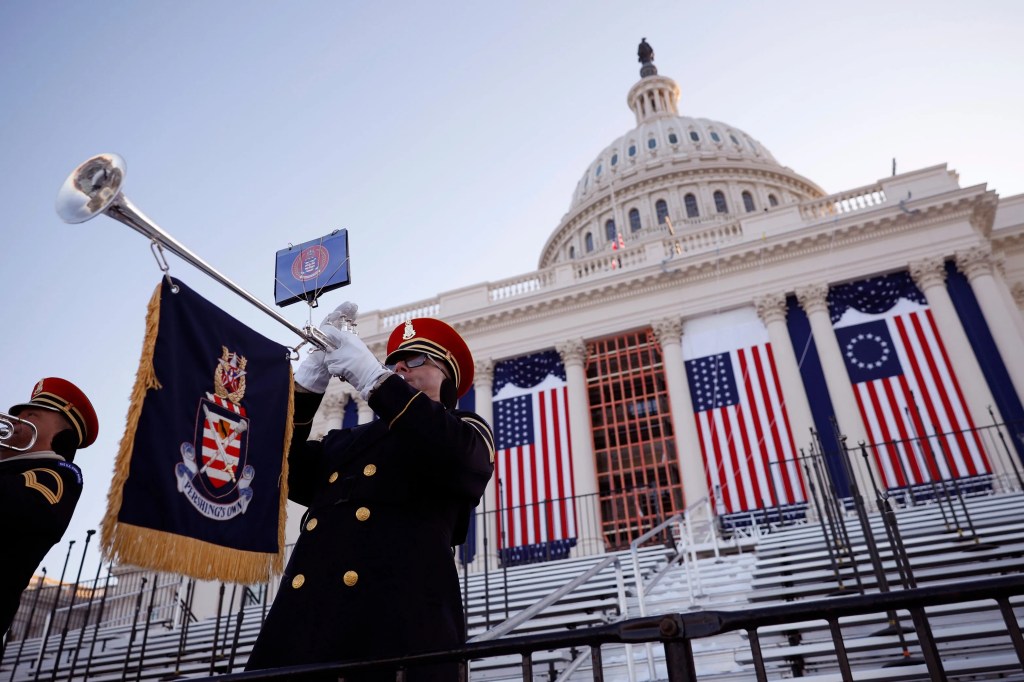
Under Trump 2.0, then, America will be a far more assertive sea power, aping China’s tactics of buying up ports and strategic assets and aggressively taking back control of the key water lanes, especially around Panama, the Caribbean and southern America. It’s no coincidence that Rubio is of Cuban origin and his deputy is Christopher Landau, whose background is in Latin-American diplomacy.
The incoming administration is hardly the first US government to take a keen interest in the seas. The American naval strategist Alfred Thayer Mahan’s preoccupation with British sea power shaped the thinking of McKinley and after him president Teddy Roosevelt. Both men used American warships to assert dominance in the western hemisphere, long before the advent of the League of Nations and the liberal idealism of Woodrow Wilson.
Trump, who thrives on being considered a fool, believes that American greatness accelerated towards the end of 19th century, when tariffs generated vast wealth for the American industrial robber-baron complex and the US didn’t bother with what today is called the liberal rules-based order. China and Russia aren’t playing by the rules anyway, runs the logic, so why should we?
The Republican party increasingly sees the world the same way. “The whole ‘rules-based’ order thing is simply not appealing to the American right these days,” says one source. “It’s been internalized as just more ‘Globo Homo,’ if you know that term.” When asked to define “Globo Homo,” Trump’s circle point towards what Keir Starmer’s government is doing with Diego Garcia, an important US-UK naval base in the Pacific and the biggest of the Chagossian islands, which Britain is hurriedly giving over to Mauritius, possibly to placate the Chinese Communist party. “My gaaad, what a disaster!” says the same source. “The brain rot of the liberal elite.”
“There’s this reality distortion zone around Nato and the United Nations,” says another insider. “All this moralizing goes on and it’s totally disconnected from hard power politics. Then you combine this moral tut-tutting with an unwillingness to do serious things with hard power. Just look at Ukraine. You think that war is existential and Russia is going to go on some expansionist campaign across Europe, then you need to be massively upping your military budget. I’m not saying that European powers did nothing. But the rhetoric was not being matched by the budgetary emphasis.”
It will be difficult for Britain’s Foreign Office to accept that people who speak in such damning terms are now perilously close to the White House. Yet we’ve already all seen in recent days the low opinion that Elon Musk, the First Buddy, has of the Westminster elite. Perhaps one idea that binds Team Trump together, from Musk to Bannon, is a deeply held belief that Britain, America’s predecessor as global hegemon, has lost control of its borders and gone to the dogs.
There’s a widely shared determination that America, the empire of liberty, will not go the same way, now that she has been freed from the leadership of Joe Biden and Kamala Harris. “Biden meant four years of the dramatic liquidation of American power,” says one insider. The answer, according to Team Trump, is to restore peace through strength, and that means creating an icy strategic path through the north and a naval belt stretching out below the renamed Gulf of America. (“I actually hate that renaming of geographical places,” says one Trump source. “That’s what North Korea does.”)
The last, best hope for many Brexiteers, meanwhile, is that America might somehow rescue Britain from our China–appeasing, Europe-facing Labour government and benevolently assimilate Britain into its sphere of renewed North Atlantic influence. Trump has expressed his dismay at Britain’s “very big mistake” in shutting down oil and gas exploration in the North Sea. Rather than somehow forcing Canada to become the 51st state — a fanciful notion even for the most fanatical American primacists — why doesn’t the re-elected President focus on creating an Anglosphere Union, a free trade and military alliance comprising the US, the UK, Canada, Australia and New Zealand, as a great buffer against Chinese control?
But the Empire of Trump is not much interested in new international agreements: it’s all about America First, as the Donald has said all along. His advisers tend to talk with what-can-you-do sadness about the British experience of multiculturalism. “There’s obviously a special relationship and we would love to keep that, but if the UK turns into Pakistan then that’s less interesting,” says one source.
What is more likely is that the US State Department will use its bully pulpit to berate European powers and Britain for its suppression of free speech, a major concern for the Trump family, Musk and the broader MAGA movement. Expect that to be something Emperor Donald addresses sooner rather than later.



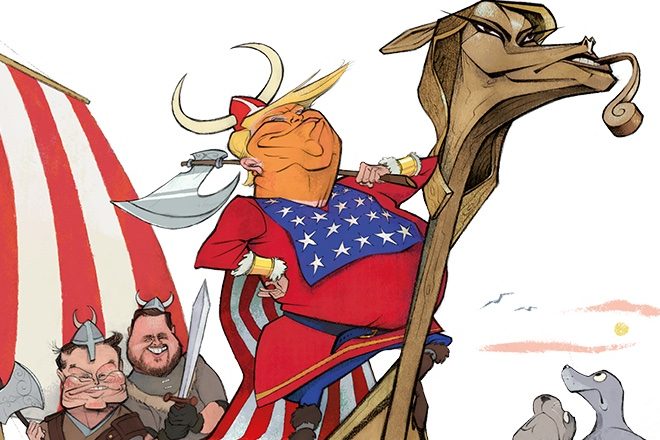








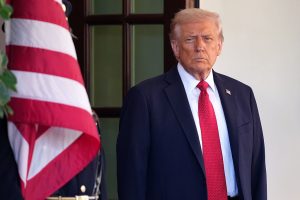
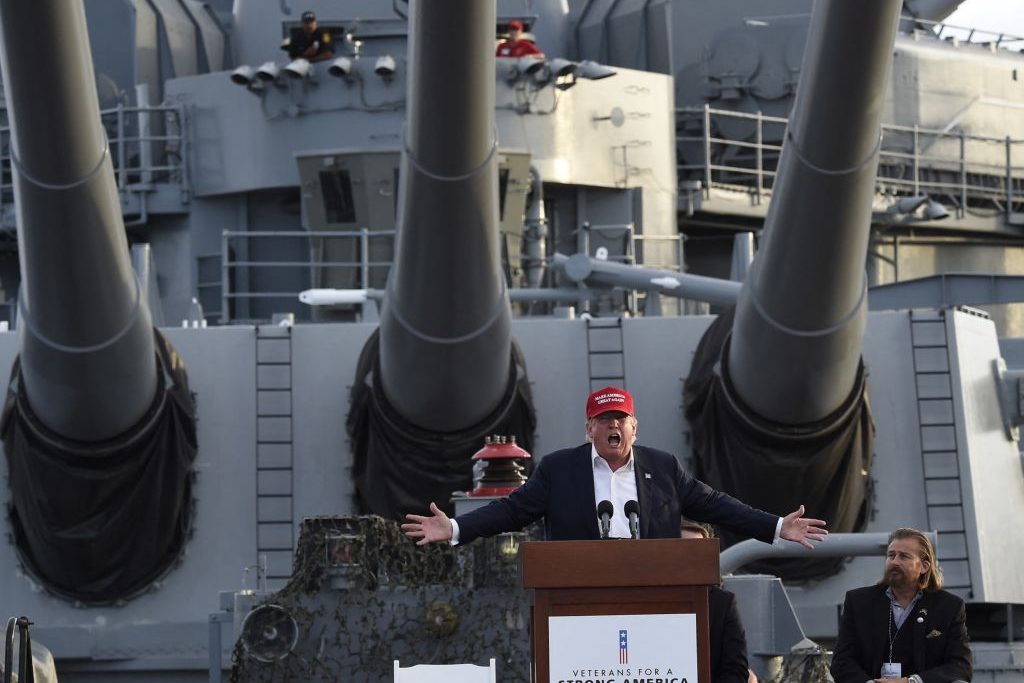
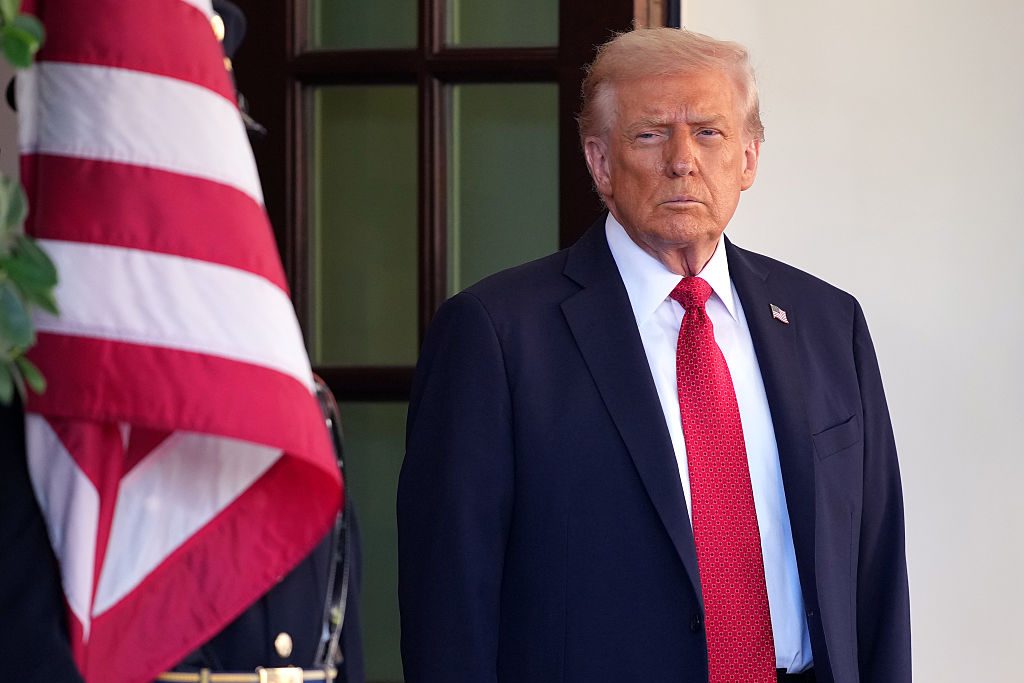

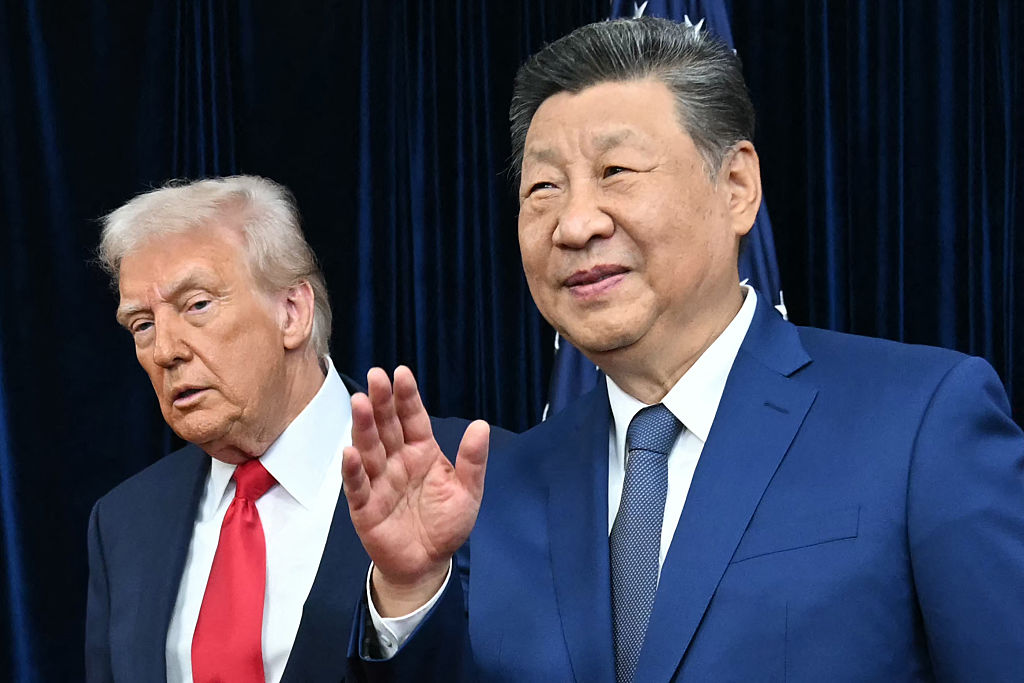
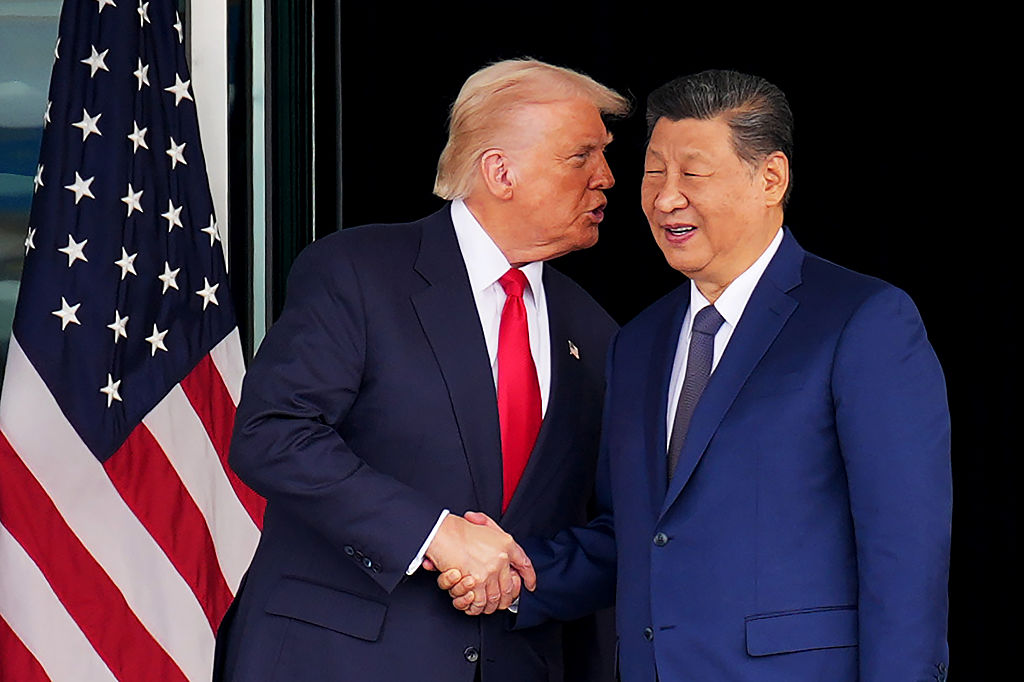
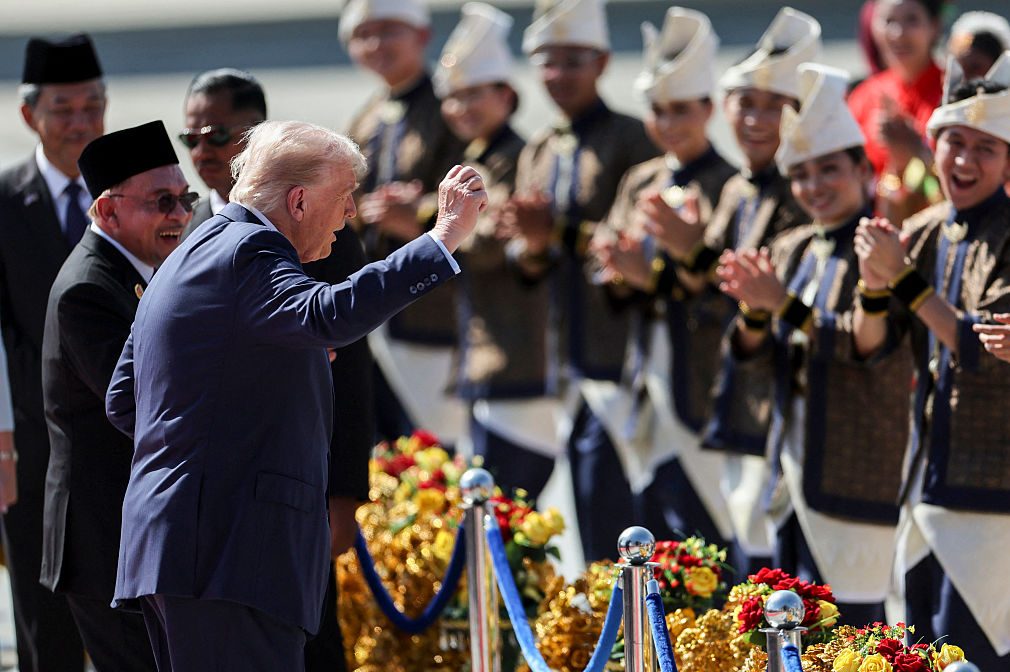







Leave a Reply